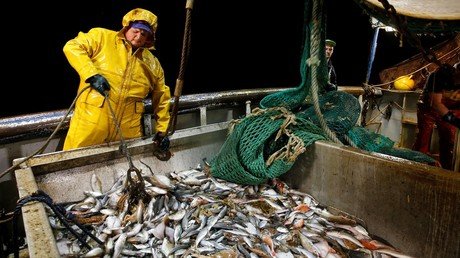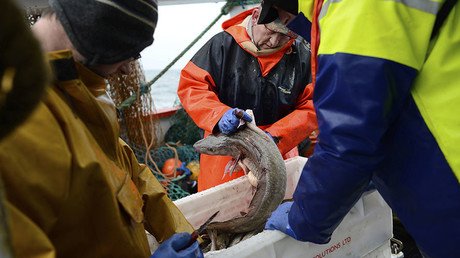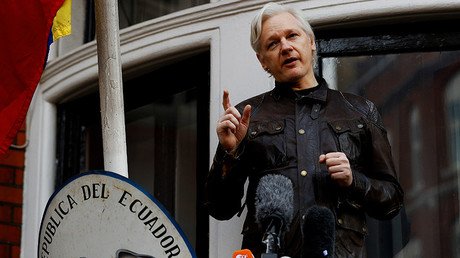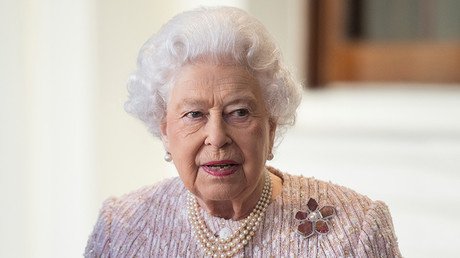EU plans to keep Britain locked into fish quotas for years after Brexit
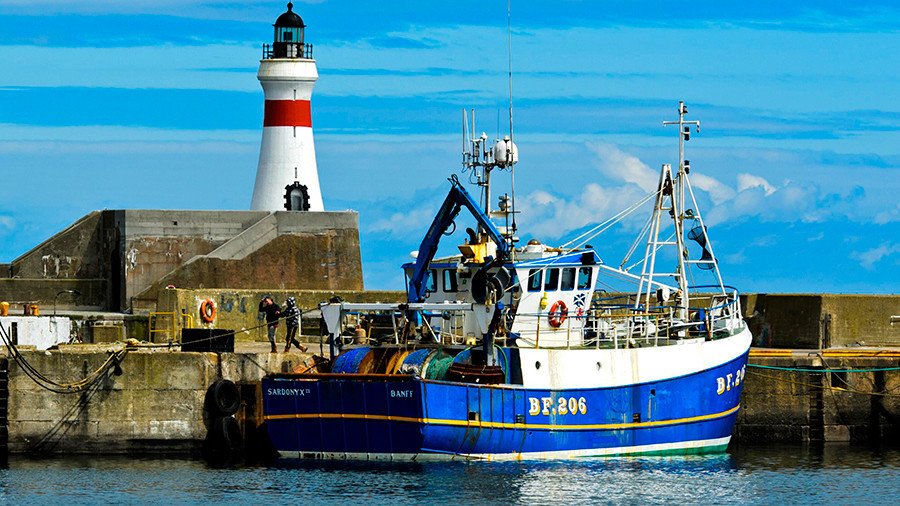
Brussels is ready to fight any British attempts to renegotiate fishing quotas in the seas around the UK for two years after Brexit - and it appears the May government could be backing down.
EU diplomats agree that Britain should effectively remain governed by the EU’s common fisheries policy (CFP) during the transition period, but should not have a role in deciding the catches elsewhere in Europe. Given that quotas are set in December for the following year, then a two-year transition would mean the CFP would still apply to the UK for two years and nine months up to December 2021.
Environment Secretary Michael Gove claimed last year that the UK would “take back control” of its waters after Brexit by exiting the CFP, which gives member states fishing rights between 12 and 200 nautical miles off the UK’s coastline.
That was a claim reiterated by Prime Minister Theresa May in the Commons. She said: “We will be leaving the European Union on March 29 2019, we will therefore be leaving the Common Fisheries Policy and the Common Agricultural Policy at that date.”
Gove’s confident claim, however, has not been heard since. One EU diplomat believes he may have quietly conceded that the UK will be unable to discuss fishing quotas until the end of the transition period.
The diplomat told the Guardian: “We notice Gove hasn’t repeated that recently. Perhaps he has been reined in, because it isn’t going to happen.”
Every year, EU member states jointly agree on the total amount of fish to be taken from the seas, species by species, but each country’s allocation within the total allowable catch does not change. The EU27 are keen to strike a bilateral deal before Brexit on the total size of the catch taken out of UK seas by European fishermen.
Gerard van Balsfoort, the chair of the European Fisheries Alliance, the group lobbying on behalf of EU fishermen in the Brexit negotiations, said he was confident the UK would not be successful in persuading the 27 member-states to change their position over the coming months.
But Bertie Armstrong, Chief Executive of the Scottish Fishing Federation, told the Guardian it would be “absolutely unacceptable” for Britain to be kept tied to the CFP framework during the two-year transition period.
The prospect of losing access to UK waters has struck fear into some fishing communities in mainland Europe, with job losses expected in northern European ports if access to UK waters is denied.
A Department of Environment, Food and Rural Affaris (Defra) spokesperson said: “We remain committed to leaving the Common Fisheries Policy and developing arrangements for fishing that can create a more profitable and self-sufficient seafood sector. As we leave the EU, we are working to secure the best deal for the whole of the UK fishing industry.”
